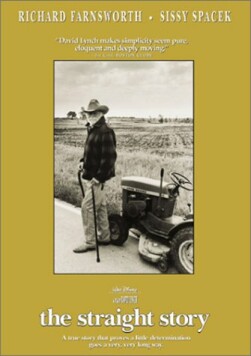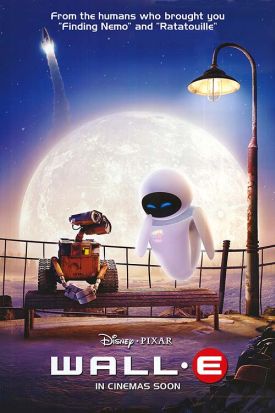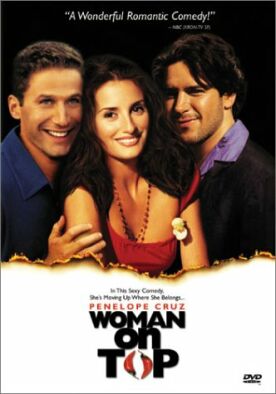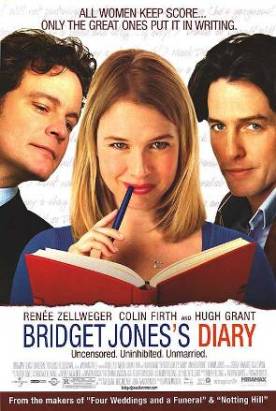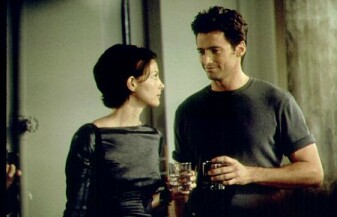Straight Story, The
Based on real people and real events which took place in 1994, The
Straight Story, directed by David Lynch and written by John Roach and Mary
Sweeney, is bad in the way that the old Disney movies were bad instead of being
bad in the way that the new Disney movies are bad — which is to say it is
almost good. In fact, it is as good as David Lynch can make it, which alone
would make it worth seeing in my book. And perhaps the best thing about it is that it can be taken as a kind of bookend to Lynch’s Blue Velvet of the 1980s, a movie which saw American small- town life as a thin façade of respectability covering up a seething cauldron of violence, lust and sexual perversion. The Straight Story makes some amends for this slur upon the American heartland by showing people along the 260 mile route between Laurens, Iowa (pronounced “Ioway” here), and Mt Zion, Wisconsin, as basically good and decent and admirable folk.
The most good and decent and admirable of them all is the 73 year-old Alvin
Straight (Richard Farnsworth) of Laurens, who also seems to bring these
qualities out in the people he meets. Receiving word that his estranged brother,
Lyle (Harry Dean Stanton), in Mt. Zion has had a stroke, he determines to go
visit him in spite of his having no driver’s license, nor any vehicle to travel
in if he did have one, save an old riding lawnmower. But “I got to see
Lyle — I know you understand,” he says to his daughter Rose (Sissy Spacek),
with whom he lives. Rose, who has a speech handicap and makes birdhouses for
sale down at the hardware store, rather amazingly does. Or at least she knows
the hopelessness of trying to argue the old man out of his purpose. Pulling
behind the mower a trailer filled with his supplies for the journey (mainly
consisting of packaged luncheon meat and hot dogs) he sets out for Mount
Zion.
His old codger friends, looking out the window as he goes, say to one another
that, “He’ll never get as far as the Grotto” five miles down the road — and
he doesn’t. The decrepit old mower quits on him and he is forced to buy another,
a 1966 model John Deere which has been kept up by the local dealer in farm
machinery. Lynch’s frustration of our expectations in this way is nicely
complimented by a coda in which Alvin, back home, marches through the kitchen
carrying a shotgun while Rose is talking to a neighbor. They stop in
mid-conversation while another set of expectations, born of our experience with
Mr Lynch, are allowed to arise. “What’s your dad doin’ with that gun?” says the
neighbor
“I don’t know,” says Rose.
Cut to old Alvin taking careful aim at the old, broken-down mower and blowing
it to kingdom come.
This parody of violence in the heartland is a neat reversal of the now-familiar
irony in Hollywood’s (and Lynch’s own) treatment of same over the last thirty
years. It fits together perfectly with the nicely observed comedy of small-town
conversation. “What you need that grabber for, Alvin” says nosy Sig, one of the
old codgers who are Alvin’s friends, as he negotiates with a shop-keeper for the
item in question.
“To grab things,” says Alvin with as much resentment as he ever shows about
anything. This kind of homely drollery even allows Lynch to get away with
moments like that in which father and daughter together look up at the sky the
night before he leaves and observe that “The sky is sure full of stars
tonight.”
I thought up to this point in the film that it was going to be unexpectedly
wonderful. One of the greats. But soon after Alvin gets on the road for good we
begin to feel the pressure of the script’s tone of relentless uplift, which
begins to sound a bit false and manipulative at about the time, very early in
his journey, when Alvin encounters a pregnant, unmarried girl running away from
home and persuades her to go back by preaching the virtues of family. He tells
her about Rose’s deep pain at having had her children taken away from her by
social services when one of them was injured in a fire. He tells her that he and
his late wife had 14 children — “Seven of ’em made it” — and used to
“play a game” by asking them to break a stick, which was easy, and then to break
a bundle of sticks, which was not. “That bundle’s family,” he told them. The
next morning the girl is gone, but she leaves by way of thanks — a bundle of
sticks.
A little over the top? Well, I thought so. But the schmaltz, much assisted by
Angelo Badalamenti’s evocative, country-influenced score, is at least honest
schmaltz, and the ending can hardly fail to squeeze a tear from even the most
jaded movie-goer or aesthetically fastidious movie critic. Hats off to Disney,
and of course the ageing bad boy Lynch, for getting one right.
Discover more from James Bowman
Subscribe to get the latest posts to your email.

